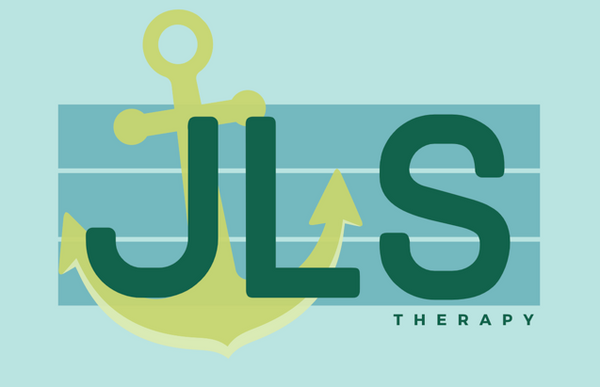Supervision FAQs
What types of supervision do you offer?
I provide one-on-one supervision sessions lasting 50 minutes, dyadic supervision sessions of 60 minutes shared with another clinician, drop-in group supervision sessions that are 2 hours long with a maximum of 4 participants, and occasionally fixed group supervision cohorts that meet regularly over a set term. All sessions are conducted virtually and are designed to meet CRPO requirements.
Who is supervision for?
Supervision is available to Registered Psychotherapists (Qualifying), new therapists, established clinicians seeking collaborative space, neurodivergent therapists (formally diagnosed or self-identified), and those working with neurodivergent, queer, trans, or trauma-impacted clients. You don't need to adhere to a specific modality or have everything figured out—come as you are.
Can I attend just one group session, or do I have to commit to multiple?
Drop-in group supervision offers flexibility, allowing you to attend sessions as needed without a long-term commitment. You pay in advance for the sessions you choose to attend. For those seeking a consistent group experience, I also offer fixed-term groups that meet regularly over a specified period.
Do you provide CRPO attestation forms?
Yes, all supervision formats meet the criteria set by the CRPO, and I am happy to provide attestation forms upon request to support your registration or category advancement.
Can drop-in sessions count toward my primary supervision hours?
Drop-in sessions can contribute to your supervision hours, especially if you value flexibility. However, for CRPO category advancement, at least half of your required supervision hours must be obtained through individual or dyadic supervision. Therefore, while drop-in sessions are beneficial, they should be complemented with one-on-one or dyadic supervision to meet CRPO requirements.
What topics can I bring to supervision?
Supervision is a space to explore any aspect of your clinical work, including complex client cases, identity-related questions, ethical dilemmas, boundary setting, burnout, successes, and uncertainties. It's a supportive environment where all facets of your professional experience are welcome.
I'm neurodivergent (or think I might be). Will I have to mask during supervision?
Not at all. Supervision spaces with me are designed to be unmasking-friendly. You're encouraged to engage in ways that feel authentic to you, whether that includes stimming, pausing, scripting, info-dumping, or avoiding eye contact. You are welcome to be your whole self here.
Do I need to practice a specific therapeutic modality to participate?
No specific modality is required. I work well with therapists who draw from relational, somatic, Internal Family Systems (IFS), expressive arts, trauma-informed, and attachment-based approaches, but I am flexible and open to various therapeutic orientations.
What is your supervision style?
My approach to supervision is warm, collaborative, and gently challenging. I aim to provide a space where you feel supported and encouraged to grow. While I bring experience and perspective, I respect and value your unique insights into your clients and your practice.
Can I combine one-on-one and group supervision?
Absolutely. Many supervisees find it beneficial to mix and match supervision formats based on their evolving needs. You might attend a few drop-in group sessions and schedule one-on-one sessions periodically. The structure is flexible to support your professional development.
